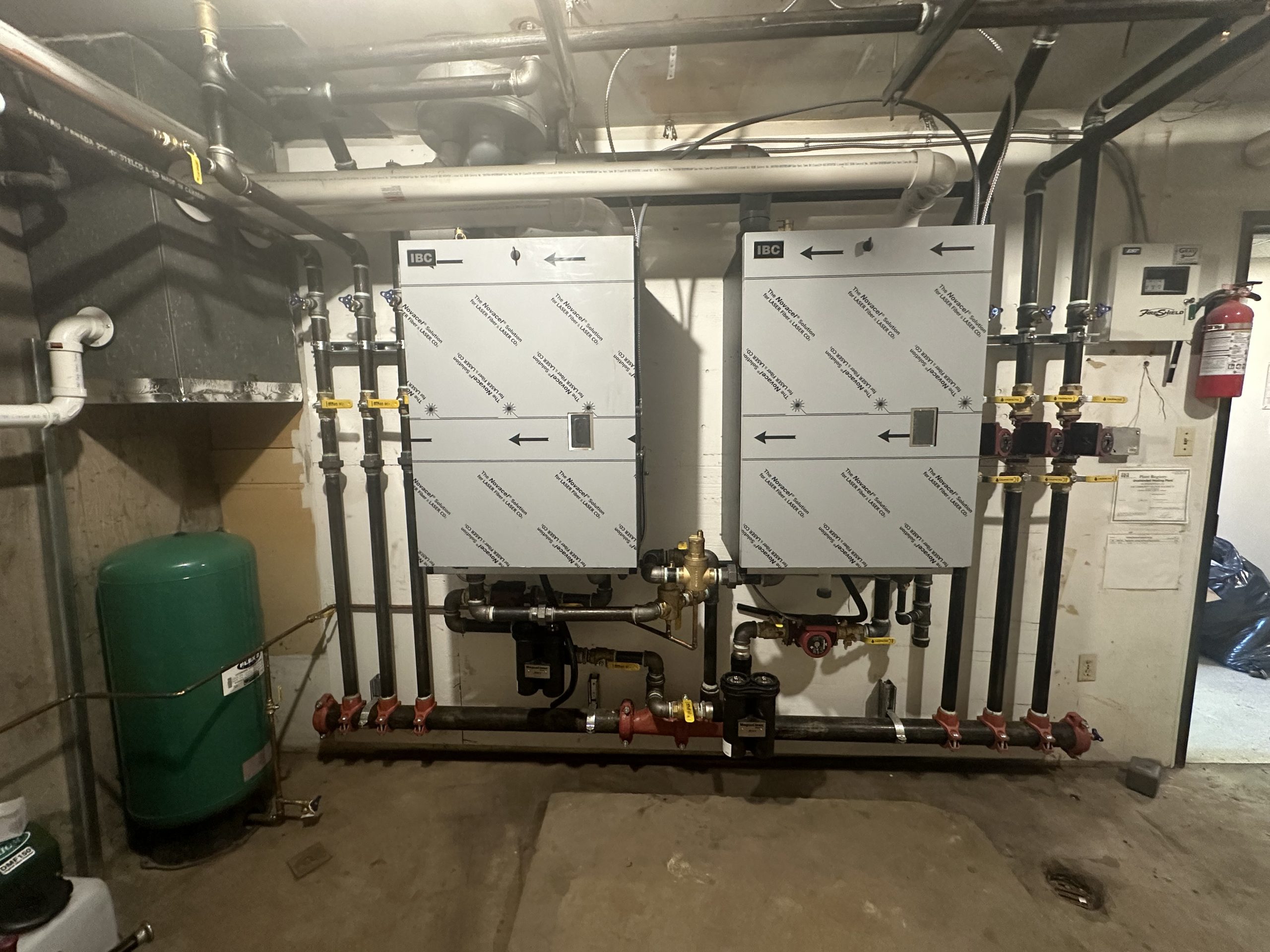Introduction
Plumbing issues can strike at the most inconvenient times. Whether it's a burst pipe in the middle of the night or a slow drain that’s been nagging you for weeks, knowing when to call an emergency plumber versus scheduling routine plumbing services can save you time, money, and stress. In this guide, we will explore the ins and outs of choosing between emergency and routine plumbing services, so you can make informed decisions when faced with plumbing dilemmas.
How to Choose Between Emergency and Routine Plumbing Services
When it comes to plumbing problems, you might find yourself asking: should I call an emergency plumber, or can this wait for a scheduled appointment? The answer often hinges on the nature of the problem at hand.
Understanding Plumbing Emergencies
A plumbing emergency is typically defined by its urgency and potential for damage. Here are some common examples:
- Burst Pipes: This is one of the most critical emergencies. A burst pipe can lead to extensive water damage if not addressed immediately. Overflowing Toilets: An overflowing toilet poses not only a plumbing issue but also health risks due to unsanitary conditions. Gas Leaks: If you smell gas, evacuate your home and call emergency services immediately. This is a critical safety issue. Severe Backups: When sewage backs up into your home, it demands immediate attention due to health hazards.
Recognizing Routine Plumbing Issues
Routine plumbing services usually involve non-emergency repairs or maintenance tasks that do not pose immediate threats:
- Leaky Faucets: While annoying, they can typically wait until a scheduled appointment. Clogged Drains: Depending on severity, many clogged drains can be resolved without rushing to an emergency service. Water Heater Maintenance: Regular servicing can extend the life of your heater without requiring immediate attention. Toilet Repairs (Non-Emergency): Minor issues like running toilets may not require urgent action.
Evaluating Costs: Emergency vs. Routine Services
One important factor in your decision-making process will be cost. Emergency plumbing services often come with higher fees due to their urgent nature. Here’s how costs generally compare:
| Service Type | Estimated Cost Range | |-----------------------|-----------------------| | Emergency Plumbing | $150 - $500+ | | Routine Plumbing | $75 - $250 |
While these figures can vary based on location and service provider, planning ahead for routine services is usually more budget-friendly than tackling emergencies at odd hours.
Timing Matters: When to Call
So how do you know when it's appropriate to pick up the phone? Consider these factors:
Time of Day: If it’s late at night or during weekends/holidays, you may need an emergency plumber.
Severity of Damage: Is there visible flooding? This calls for immediate action.
Health Risks: Any situation that jeopardizes health—such as sewage backup—should be treated as an emergency.
Potential for Future Damage: If delaying could result in greater damage or costlier repairs later on, don’t hesitate; call in an expert!
What To Expect from Emergency Plumbing Services
If you find yourself needing an emergency plumber, here's what you should expect:
Rapid Response Time: Most plumbers specializing in emergencies prioritize urgent cases and will arrive quickly.
Assessment of Damage: The plumber will evaluate the situation upon arrival.

Immediate Repairs: They’ll tackle any pressing issues first before discussing longer-term solutions.
Preventive Advice: A good plumber will provide guidance on how to avoid future emergencies based on your specific situation.
Choosing the Right Plumber for Emergencies
Not all plumbers offer emergency services, so it's vital to know who to contact when trouble arises:
Research Local Options: Look into local plumbers who specialize in emergencies before problems arise; read reviews and check ratings.
Verify Credentials: Ensure that they are licensed and insured; this protects you as a homeowner.
Ask About Availability: Confirm that they are truly available 24/7 before adding them to your contacts.
Get Estimates Upfront: It’s always wise to ask about rates before any work starts—this helps avoid surprises later on!
Scheduling Routine Plumbing Services
For non-emergency situations that require professional help but aren't time-sensitive, here are some steps:
Identify Issues Early On: Keep track of any minor leaks or clogs; addressing them early prevents bigger headaches later on.
Set Up Regular Maintenance Checks: Schedule yearly check-ups for essential systems like water heaters and sump pumps.
Keep Records of Past Services: Having documentation can aid your plumber in understanding previous issues you've encountered.
Ask Questions During Appointments: Get insights on maintaining your plumbing system effectively; knowledge is power!
FAQ Section
1. What constitutes a plumbing emergency?
A plumbing emergency typically involves situations like https://grandeprairieplumber.wordpress.com/ burst pipes, severe leaks causing flooding, overflowing toilets, or gas leaks that pose safety risks.
2. How much does it cost to hire an emergency plumber?
Costs vary but generally range from $150 to $500+, depending on the severity of the issue and time of day.
3. Can I handle minor clogs myself?
Yes! Many minor clogs can be alleviated using plungers or drain cleaners before calling a professional if they persist.
4. Should I have a plumber's number handy?
Absolutely! Having contact information readily available ensures you're prepared for unexpected plumbing issues.
5. How often should I schedule routine plumbing maintenance?
It’s advisable to schedule maintenance checks at least once a year; however, older systems may benefit from more frequent inspections.
6. What should I do if I suspect a gas leak?
Immediately evacuate your premises and contact local emergency services along with your gas company without delay!
Conclusion
Navigating between emergency and routine plumbing services doesn't have to be daunting if you're equipped with knowledge about what each entails—knowing how to choose between these options is crucial for effective home maintenance and minimizing costs down the line! By understanding what constitutes an emergency versus routine maintenance needs, evaluating costs effectively, preparing ahead by researching reliable plumbers in advance—all while keeping health risks top-of-mind—you'll be well-prepared for whatever plumbing challenges come your way!